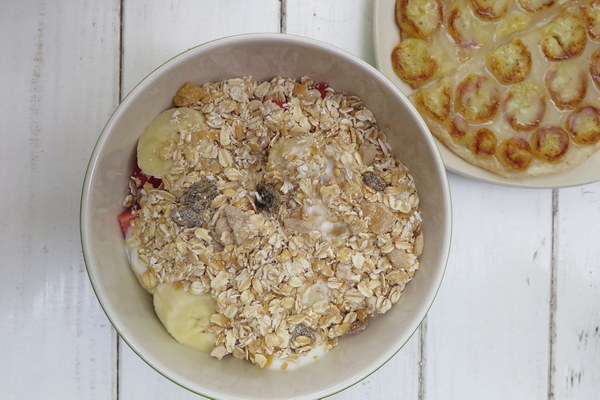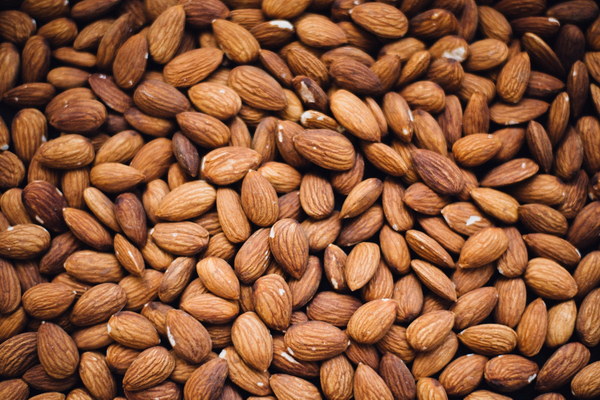Bread vs Rice Which is Better for Nourishing Your Spleen and Stomach
The debate over whether bread or rice is more beneficial for nourishing the spleen and stomach has been a long-standing topic among nutritionists and health enthusiasts. Both are staple foods in many cultures, and each offers unique nutritional properties. In this article, we will explore the differences between bread and rice and determine which one is more effective in supporting spleen and stomach health.

Firstly, let's understand the importance of the spleen and stomach in Chinese medicine. According to traditional Chinese medicine (TCM), the spleen and stomach are responsible for the transformation and transportation of nutrients, which is essential for overall health. When the spleen and stomach are functioning optimally, we experience better digestion, increased energy levels, and a stronger immune system. However, when they are out of balance, we may suffer from symptoms such as bloating, constipation, diarrhea, and fatigue.
Now, let's discuss the nutritional benefits of bread and rice:
Bread:
1. Bread is a good source of carbohydrates, which are the body's primary energy source.
2. It contains fiber, which aids in digestion and prevents constipation.
3. Bread is rich in B vitamins, particularly niacin, which helps convert food into energy.
4. Some bread varieties are fortified with iron, calcium, and other essential nutrients.
Rice:
1. Rice is also a significant source of carbohydrates, providing energy for daily activities.
2. It has a lower glycemic index than bread, meaning it causes a slower and more sustained release of glucose into the bloodstream, which can be beneficial for diabetics.
3. Rice is rich in magnesium, which helps maintain normal muscle and nerve function, including those in the digestive system.
4. Like bread, rice contains B vitamins and is a source of iron.
Now, let's weigh the benefits of each food in terms of spleen and stomach health:
Bread:
1. Bread's fiber content helps in maintaining bowel regularity, which is beneficial for the spleen and stomach.
2. The B vitamins in bread support the metabolic processes in the body, including those in the digestive system.
3. Fortified bread can provide additional nutrients that may be beneficial for individuals with specific nutritional deficiencies.
Rice:
1. Rice's lower glycemic index can be advantageous for individuals with spleen and stomach issues, as it helps maintain blood sugar levels and reduces the risk of bloating and discomfort.
2. The magnesium in rice can help alleviate symptoms such as bloating and constipation, which are often associated with spleen and stomach imbalances.
3. Rice is easier to digest for some people, making it a suitable option for those with sensitive stomachs.
In conclusion, both bread and rice have their unique benefits for spleen and stomach health. The choice between the two largely depends on individual dietary needs and preferences. For those seeking to nourish their spleen and stomach, it is essential to consume a balanced diet rich in fiber, B vitamins, and other essential nutrients.
For individuals with sensitive stomachs or those who experience discomfort with high-fiber foods, rice may be a more suitable option due to its lower glycemic index and easier digestibility. On the other hand, bread can provide additional nutrients and fiber, which may be beneficial for those looking to support their digestive health.
Ultimately, the best approach is to enjoy a variety of whole grains, including both bread and rice, in moderation. By doing so, you can ensure that your body receives the necessary nutrients to support optimal spleen and stomach function.









